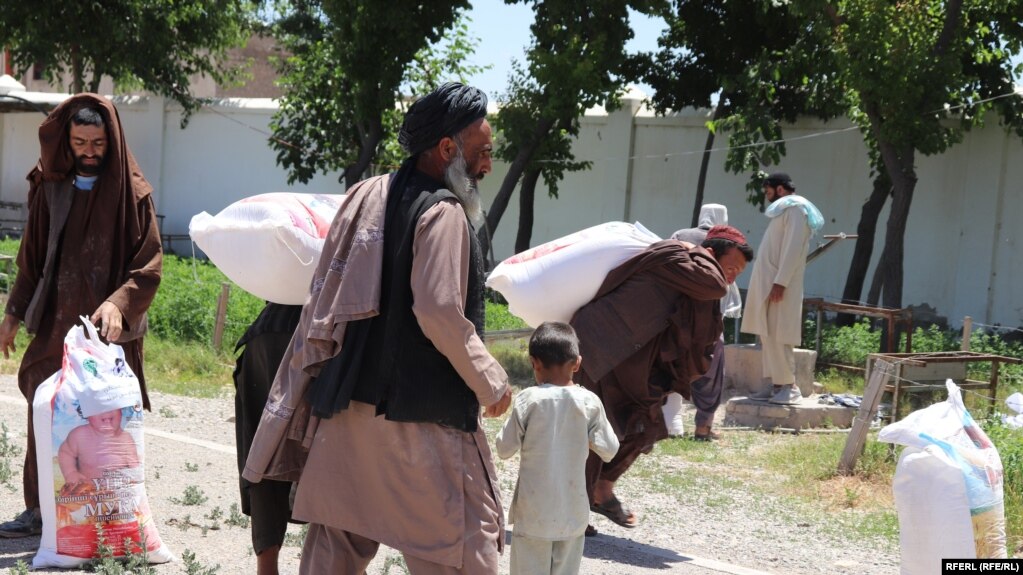In recent years, the distribution of humanitarian aid in Afghanistan has increased significantly. However, alongside this aid, there has been little notable progress in improving the fundamental aspects of Afghan lives. Both experts and the general public agree that while humanitarian aid addresses immediate challenges, achieving long-term economic stability requires a sustainable and structured plan.
Economic affairs expert Ghazi Mohammad Watanmal emphasizes that the ruling government and supporting organizations must adopt specific policies to tackle poverty. According to him, learning from the successful experiences of other war-torn countries could open the path to improving Afghanistan’s economic conditions. He further adds that the government should promote and increase small businesses, establish financial support institutions for enterprises, and, through academic research centers, find effective poverty reduction strategies based on surveys and studies.
The latest report by the United Nations on humanitarian aid reveals that millions of Afghans have recently received food, clothing, and other essential items. Similarly, the World Food Program announced that it has distributed cash and food assistance to 10.5 million people across Afghanistan this year.
However, these aids cannot resolve the long-term issues of Afghans’ lives and instead create a culture of dependency.
Political analyst Mirwais Ahmadi believes that the time for Afghanistan’s reconstruction has come. He argues that the international community, particularly leading global economies, must organize an international conference dedicated to Afghanistan’s reconstruction to collect funds. Ahmadi suggests that such a conference should pave the way for a comprehensive economic strategy, similar to the Marshall Plan, to be implemented for Afghanistan’s welfare.
Ahmadi further states that three years of focus on humanitarian aid is not a permanent solution for Afghans but only fosters a culture of dependency on aid. He stresses the need for economic plans that guide Afghans toward self-sufficiency and economic independence.
Afghanistan, a country ravaged by decades of war, now calls for a form of international cooperation that goes beyond mere aid. It requires practical measures to build infrastructure and improve lives. A shift in international aid policies and the efforts of the Afghan government could lead the country toward lasting economic stability and development.
